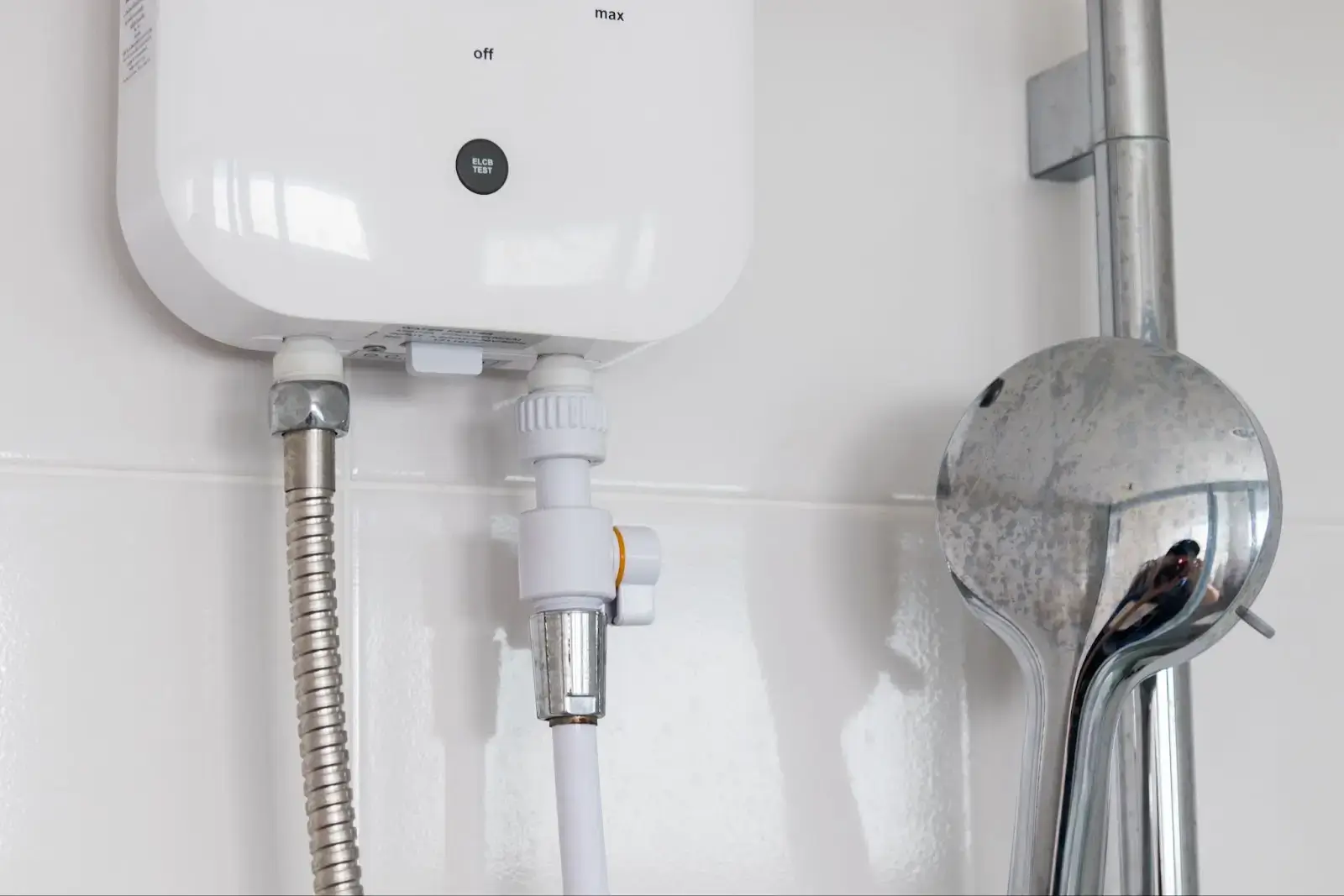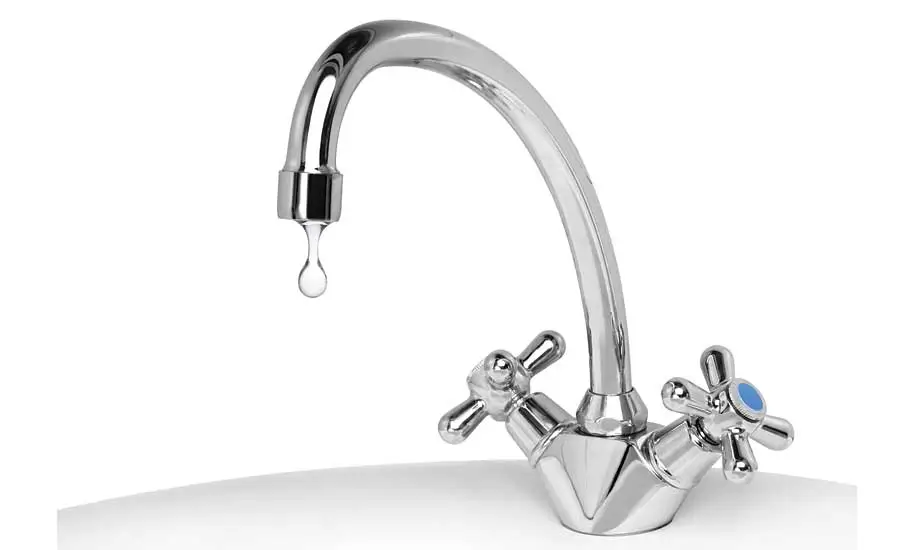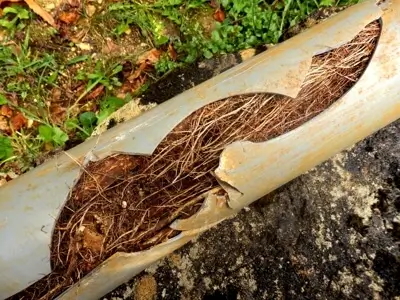Isn't filtering the air the same as purifying it? A lot of us get confused about air purifiers and air filters.
- What's the difference?
- Do all homes need both for quality air?
- Do I need both an air purifier and air filter to keep our air safe to breathe?
- Does my home's air conditioning system come with an air purifier or air filter?
Let's start by answering the last question on that list and if your home needs both.
Air Purifier VS Air Filter: What's the Difference
- Home heating and cooling systems typically come with built-in air filters for filtration.
- Air purifiers aren't built-in integrations for heating or air conditioning systems.
While both are air cleaners, an air filter is part of a more extensive system, and an air purifier is an independent appliance that provides supplemental filtration.
Air Filters
Air filters make fine integrations, helping filter air exchange and keep outdoor contaminants out of your home's air.
Air filters typically come with two layers of reliable protection:
- HEPA Filters
- Activated Carbon Filters
The U.S. Government's Department of Energy defines the HEPA filter as a High-Efficiency Particulate Air filter, which is an effective air filter against microscopic particles. HEPA filters can effectively trap smaller particles measuring 0.3 microns or less.
These smaller particles include:
- Dust
- Pollen
- Mold spores
- Viruses
- Germs
- Bacteria
In conjunction with activated carbon filters in your home's HVAC system, HEPA filters make a powerful tandem against harmful particles and pollutants. The duo keeps indoor air pollutants to a minimum and helps maintain high indoor air quality levels.
Unlike a HEPA filter, an activated carbon filter doesn't only catch particle pollution. Activated carbon filters fight against gaseous elements like:
- Volatile organic compounds
- Toxic gas
- Odors
HVAC systems come with HEPA and activated carbon air filters to reduce airborne contaminants and help keep your indoor temperature comfortable. However, any filter requires routine maintenance to continue providing your home with cleaner air. Air filters can fill up with smaller and larger particles, becoming the source of contamination and blowing airborne particles into your breathing air. This is where supplemental air purifiers become more helpful.
Air Purifiers
The most common air purifier filter is the HEPA air filter. However, many air purifiers are coming out with an activated carbon filter add-on to help address more airborne contaminants.
Your HVAC system probably doesn't have a built-in air purifier and is more useful in keeping outdoor pollutants out. Your air conditioner might not be able to rid your home of indoor air pollutants. Stand-alone air purifiers help collect large particles and other airborne particles generated indoors, improving indoor air quality.
The best air purifier can remove particles indoors that HVAC systems can't. Your home generates indoor pollution that requires ventilation systems to get rid of because an HVAC system filters air exchanges from the outside going in, and not necessarily the other way around.
Your household relies on independent air cleaners to maintain air quality against indoor air pollution. Stand-alone air purifiers filter out larger dust particles and airborne pathogens our everyday chores and habits produce. Cooking on a gas stove generates volatile organic compounds that air conditioning systems don't absorb for outdoor disposal.
While most air cleaners filter your air by sifting contaminants out of various air flows, ionic air purifiers produce negative ions to attack contaminated air molecules.
Air purifier: how does an ionic air filter work as an ozone generator?
Ionic air purifiers are small OZone generators like:
- The portable air purifier you bring with you on vacation.
- The air purifier you have on your desk at work.
- That famous air purifier you wear around your neck preventing you from contracting certain viruses.
However, ionic air purifiers can be dangerous.
Unlike an air cleaner sifting harmful air particles through a HEPA filter, these air purifiers produce ozone. The air purifier emits negative ions that latch onto airborne particulates. While some advertisements claim the electrical charge causes contaminants to dissipate, the reality is they just latch onto the surface below them. Technically it gets rid of airborne particles by attaching them to surfaces, which may be misleading to users.
Your home's air is free of those particles, but your clothes, tables, beds, and floors are now contaminated. You are also not breathing clean air because the ozone generators have filled your home with ozone. Ozone generators such as these air purifiers aren't always dangerous, but they aren't the safest air cleaners either.
If air cleaners feature ozone generators, they may produce enough harmful electrical charges to compromise your home's air quality worse than everyday pollutants. Opting for air purifiers with traditional air filter integrations to work alongside your HVAC system would be best.
Air Purifier VS Air Filter: Energy Efficiency
You might think it would be costly to have both installations in your home, but most HVAC systems and air purifiers are energy-efficient.
If you want to know if your HVAC system is energy efficient, look at its Seasonal Energy Efficiency Ratio (SEER). Any SEER rating above 14 is acceptable nationwide. SEER ratings 16 and above prove highly efficient.
The energy efficiency of an air purifier is measured by CADR/W, which stands for Clean Air Delivery Rate per Watt. The range of CADR/W is 0.9 to 14.8, with energy-efficient air purifiers scoring 4.6 or above.
Air Purifier VS Air Filter: Does Your Home Need Both?
It would be best if you had air purifiers to clean your indoors while the air filters of your HVAC system prevent any outdoor pollutants from making their way indoors. Having both helps achieve optimum air quality levels.
If you live near factories, congested roads, or an animal population, opt for HVAC systems with dual air filters, including carbon and High-Efficiency Particulate air filters. Supplement your home's filtration with independent air purifiers and ventilation systems.
Indoor Air Quality
Your home's air quality is best when versatile air filters and air purifiers work together. However, adequate ventilation helps hasten air exchange, preventing contaminants from lingering in your home.
The Risks of Indoor Air Pollution
Without consistent air exchange, your air at home is merely recycled. Mechanical ventilation systems such as vents allow fresh air into your home while removing odor-causing bacteria from gas stoves, air fresheners, perfume, and other cleaning agents.
Opening doors and windows also help larger particles such as pet hair and dust bunnies exit your home before latching onto the nooks and crannies of your furniture.
Allergy-inducing particles are bothersome, but polluted air quality can lead to more health hazards.
Common Airborne Particles in Your Home's Air
Here are some of the most common pollutants in your home, their causes, and potential effects.
Volatile Organic Compounds
VOCs, come from everyday products we use. We generate these compounds without knowing it, and the length of our exposure to higher volumes of it can be lethal. Prolonged exposure to dangerous amounts of VOC can cause cancer or even damage our liver and kidneys.
There are many different sources, the most common being tobacco smoke. Additionally, even when we think we are helping clean the air by spraying various aerosols, lighting candles, or incense, we aren't cleaning the air by making it smell better. We only compound to the presence of VOC.
The best way to eliminate VOC is to open avenues for natural ventilation or cycle on mechanical ones. It would help to avoid smoking indoors and opening ventilation systems when you light candles and incense.
Dust Mites
Dust mites cause allergies, eye irritation, and skin rashes. These mites feed on dust, pet dander, and dead skin cells.
Give your floor a thorough sweep when you open doors and vacuum any dust build-up to remove any mites lurking around. Remember to wash or steam curtains regularly and allow natural light to flow into your home, as ultraviolet light kills these pests.
Large Particles
Pet hair, human hair, strings of fabric, pieces of plastic, and other debris can make up larger pollutants in your home. While they are too big for you to inhale, they make perfect breeding grounds for dust mites.
They can also irritate or clog your air cleaner. However, new filters come with accessible external mesh air filters that catch hair, fabric, and dust particles. These mesh pre-filters prevent clogs from occurring in your air cleaner. You can clean them using a wet dry vacuum and submerge them in a vinegar, water, and bleach mixture.
Mold Spores
Arguably one of the most dangerous particles that your air purifier or air filter fights against is mold and mildew. Mold is typically caused by moisture in the air collecting inside your air purifier or air filter. Mold spores can attach themselves to the moisture from humidity, steaming, e-cigarette smoke, and leaks. If your air purifier or air filter doesn't get enough air flow, they may linger and breed within your air cleaner.
Additionally, mold in your home's ductwork can expedite their contamination into your entire home. It's best to have a mold remediation expert inspect and clear your home of any mold growth to prevent further contamination.
How to Improve Indoor Air Quality: Air purifier VS Air Filter VS Other Air Cleaners
The answer is simple. The more air cleaners and air purifiers in conjunction with the air filters in your HVAC system topped with adequate ventilation, the better your air quality will be.
Air exchange is critical in fighting against pollutants including tobacco smoke, carbon monoxide, carbon dioxide, and larger debris.
However, you shouldn't opt for ozone generators to prevent creating more harmful pollutants. Stick to classic air purifiers, air filters, and simpler air cleaners. It would help if you didn't forget about their maintenance. Even the most innovative air purifiers and air filters become less reliable due to poor maintenance.
Routine Maintenance and Cleaning
The cleaner your air purifiers and air filters are, the better they can protect you from airborne pathogens and particle pollution. Schedule an annual maintenance check and tune-up for your air handler or HVAC system, and clean accessible mesh filters every few weeks.
Contact Sunset Heating and Cooling Electrical
When it comes to HVAC maintenance and installations, you can count on Sunset Heating and Cooling Electrical.
Contact us for quarterly air filter replacement or check our list of other air filtration services.







